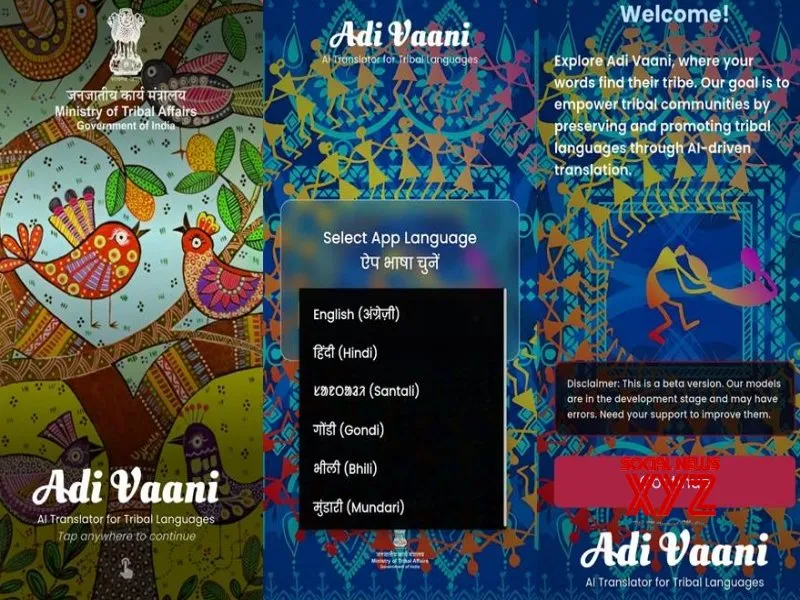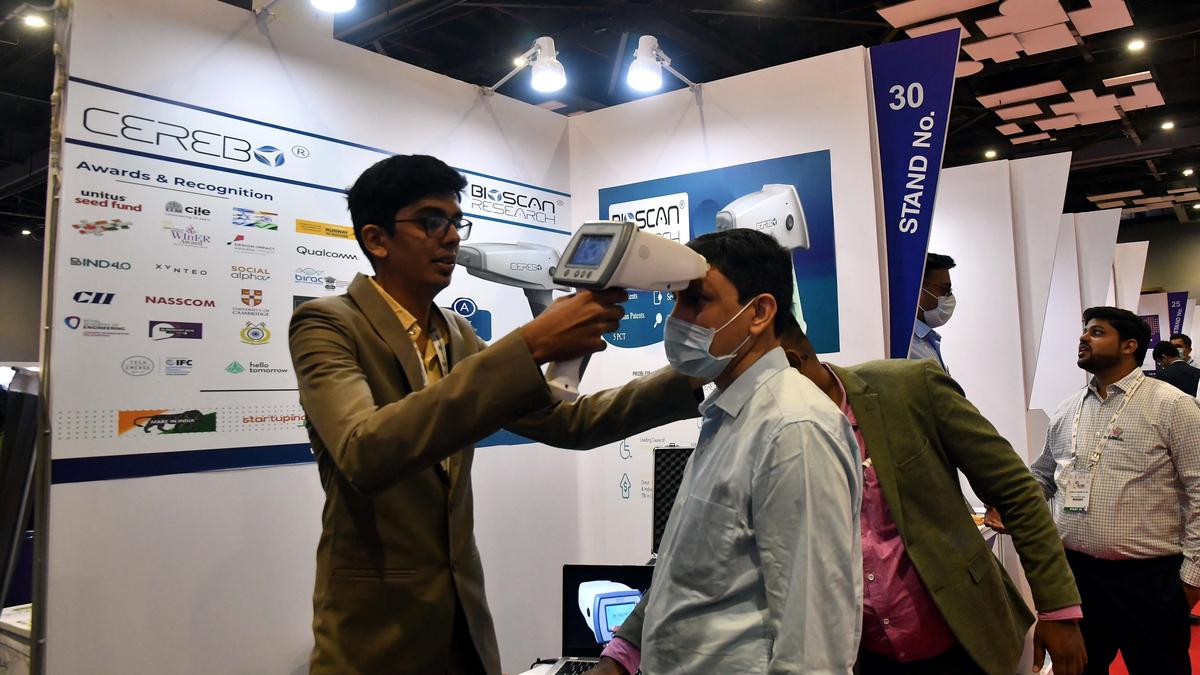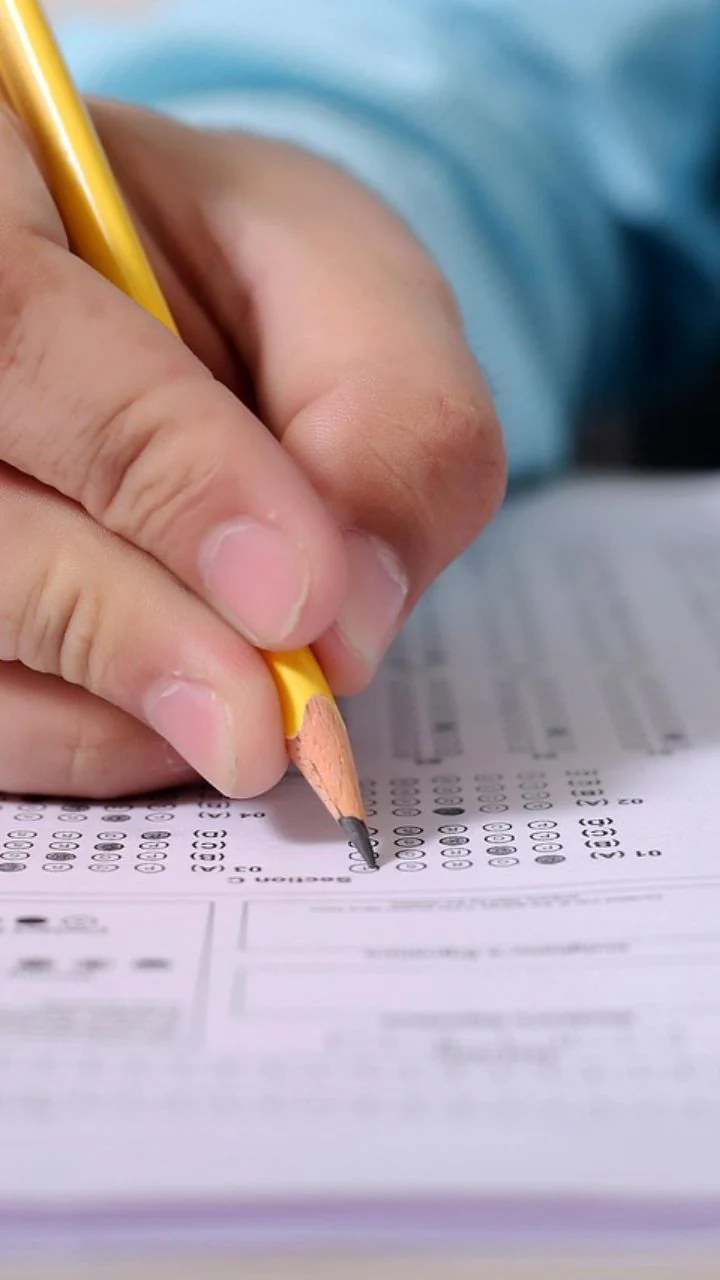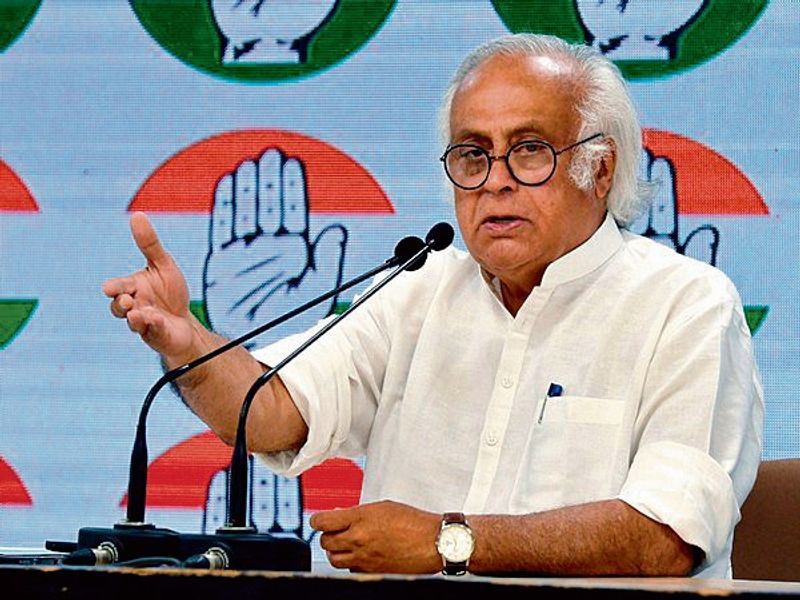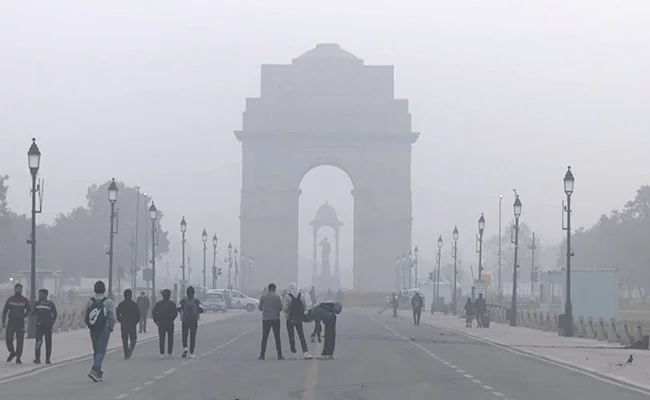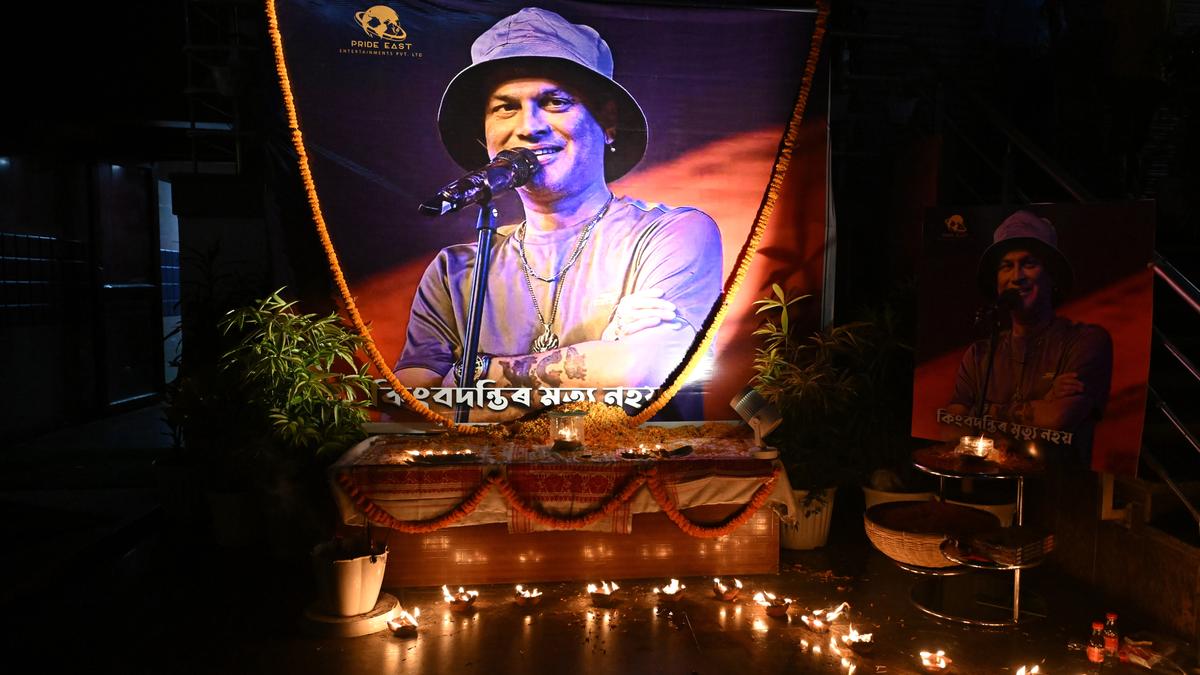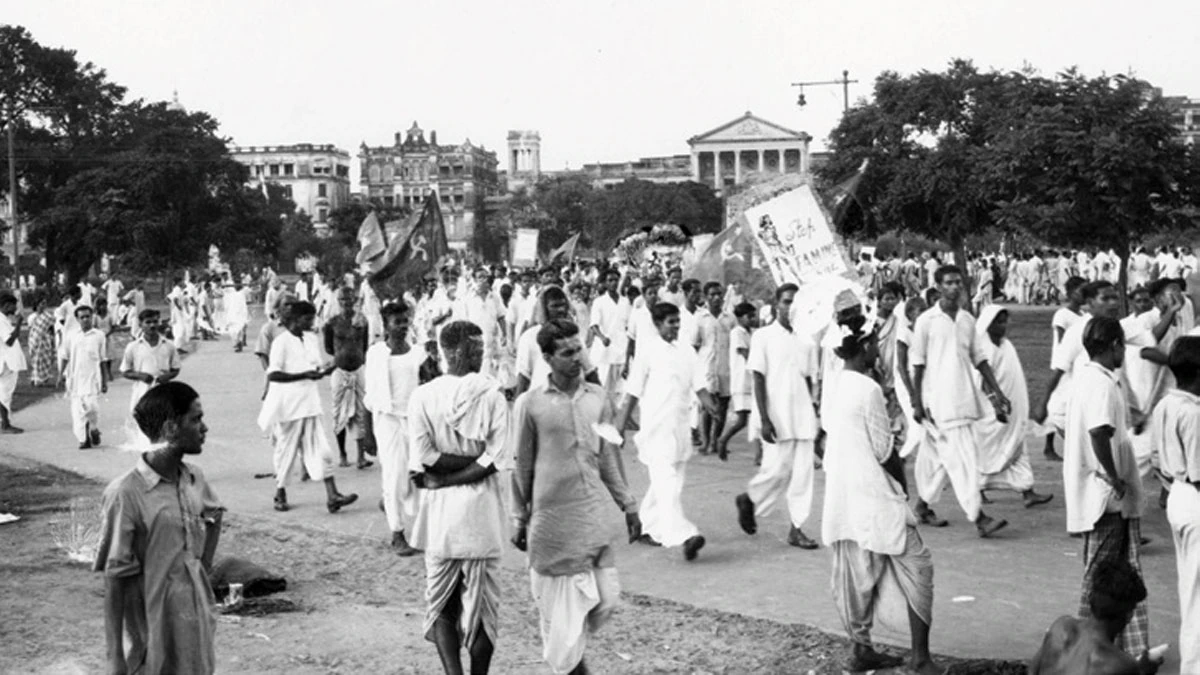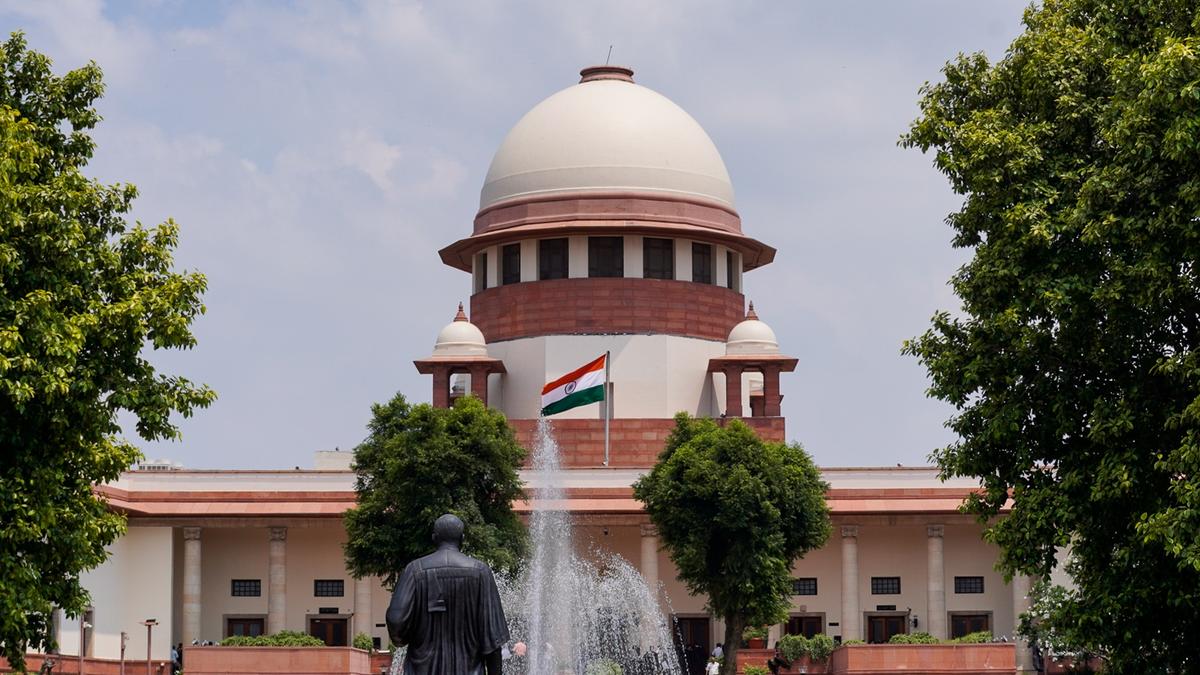
The Right to Education (RTE) Act, 2009 ensures free and compulsory elementary education, including a 25% reservation for disadvantaged children in private schools. But are minority-run schools fully exempt from this law? The Supreme Court has now referred this crucial question to a larger Bench.
In 2014, the Pramati Educational and Cultural Trust case ruled that applying Section 12(1)(c) of the RTE Act to minority institutions violated their autonomy. This effectively removed them from the law’s ambit. However, the current Bench, led by Justice Dipankar Datta, observed that such exemption weakens inclusivity and risks creating “enclaves of privilege.”
The Court noted that many institutions seek minority status primarily to bypass RTE requirements, which could undermine the Act’s goal of universal, equitable schooling. By questioning whether autonomy should outweigh social responsibility, the Court has reopened a vital debate.
This decision is not just about law—it touches the heart of India’s education policy: Should the right to equal education be absolute, or can institutional autonomy limit it?
Tags:
Post a comment
Light & Enlightenment: Paris’ Radiant Legacy!
- 16 Oct, 2025
- 2
Why is Congress bringing Up Trump's Ceasefire claim again?
- 10 Sep, 2025
- 2
AI-Driven Learning Transforms Math in Rural Rajasthan!
- 24 Oct, 2025
- 2
Delhi, Get the blankets out! IMD predicts coldest October Night...
- 16 Oct, 2025
- 2
Zubeen Garg's final journey unites Assam in sorrow and anger!
- 29 Sep, 2025
- 2
Categories
Recent News
Daily Newsletter
Get all the top stories from Blogs to keep track.





